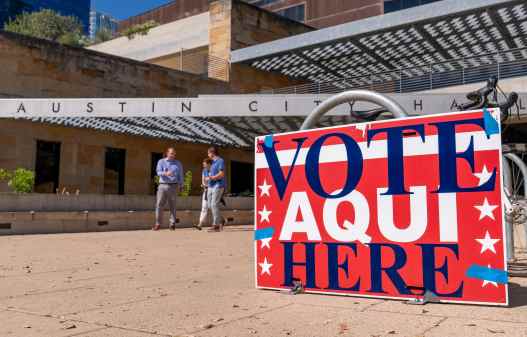Obama ups cybersecurity, IT spending in budget proposal
Cybersecurity and federal IT spending were given a boost in President Barack Obama’s 2016 budget proposal, as the federal government looks to better procure, promote and protect its technological capabilities.
The White House is asking Congress to secure $14 billion for cybersecurity in 2016, up from $13 billion in the two previous years. The money would go toward strengthening defenses, allowing the government ‘to more rapidly protect American citizens, systems and information from cyber threats.’
‘No system is immune to infiltration by those seeking to steal commercial or Government information and property or perpetrate malicious and disruptive activity,’ the White House said in a fact sheet that accompanied the budget release.
Some of that $14 billion would be funneled toward two programs at the Department of Homeland Security: the Continuous Diagnostics and Mitigation Program, and the EINSTEIN intrusion detection system. Money also would be set aside for the first phase of construction for a civilian cyber campus ($227 million) and for increasing cybersecurity measures ($190 million) at the National Nuclear Security Administration.
The funding request comes as cybersecurity has evolved into a major issue for Obama, who introduced a number of initiatives in the past week aimed at protecting government and privately owned data. The measures were in response to the increase in cyber attacks on private companies and government agencies in the past year.
The budget also would set aside $86.4 billion for federal IT spending, up from last year’s $84.1 billion. The budget makes a point to say that while the government has made strides in improving its technological footprint, the public’s opinion on the government’s tech acumen is poor.

A chart detailing trends in the federal government’s IT spending habits. (White House)
‘The president is committed to creating a government that makes a significant, tangible and positive difference in the economy and the lives of the American people, and to driving lasting change in how government works,’ a budget passage reads. ‘Yet, despite this progress, public trust in government remains low and there is more work to be done.’
The White House commends the savings brought in by PortfolioStat, a Web-based tool used by agencies to measure the return on various IT investments. According the Office of Management and Budget, PortfolioStat is among a suite of tools and initiatives that has saved the government more than $2.7 billion.
The budget also notes improvements in embracing agile development, adoption of cloud computing and the closure of 1,336 federal databases, strengthening the federal government’s IT footprint.
The IT budget also references a number of upcoming initiatives, including increased information sharing and better implementation of the TechFAR handbook. At the same time, it calls on Congress to earmark $16 million for e-government and open data projects, and set aside $105 million for federal agencies to create their own agency’s version of U.S. Digital Services.
‘The 2016 budget includes funding that will launch the nation on a path to hire the leading digital experts, institutionalize modern digital delivery practices and establish more effective partnerships both within government and with the private sector that will ensure our citizens are provided services at a historically unprecedented level of quality and timeliness,’ a budgetary supplement analysis read.
Parse the entire presidential request for the fiscal year 2016 budget here.





